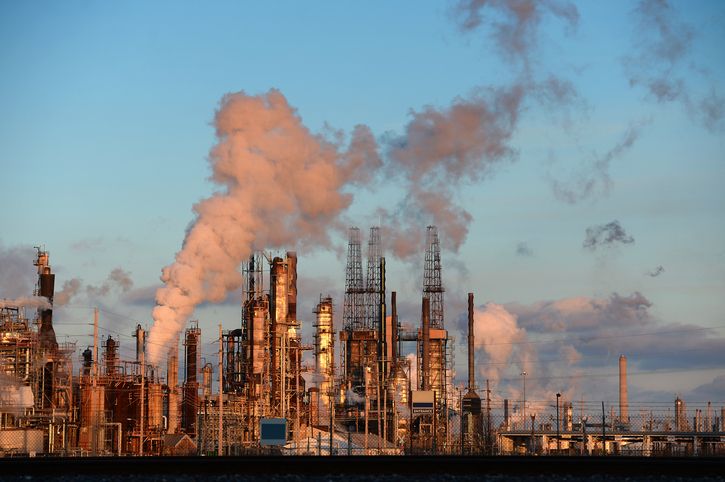EU president Ursula von der Leyen has suggested the trading bloc’s sustainable development goals (SDGs) have been set back by the current economic and geopolitical climate.
The remarks came during her speech at the 2023 Sustainable Development Goals Summit, which was held over two days in New York. Von der Leyen said that a “cascade of crises” had set back progress, citing the Covid-19 pandemic and Russia’s invasion of Ukraine.
“Against this backdrop, developing countries do need more resources to pull people out of poverty and to transition towards a clean and equal economy,” she said. “This is why I welcome the Secretary-General’s SDG Stimulus Plan.
“In 2022, Europe elevated its development aid to €93bn, an increase of 30% over the previous year. Today, we account for over 40% of global assistance. We know our obligations. But public funding alone is not enough. We must explore all avenues to attract new funding towards developing countries.”
Unlocking private capital
Von der Leyen said the key to attaining the SDGs was through a number of approaches, including unlocking private capital and carbon pricing. Referring to the first, she said the EU’s Global Gateway plan was looking to invest €300bn in developing economies over the next five years. The Global Gateway program was originally announced at the end of 2021.
As Expert Investor reported at the time, the scheme was largely seen as a challenge to China’s ‘Belt and Road’ initiative. The Global Gateway initiative has been announced as bringing together the EU member states with their financial and development institutions, including the European Investment Bank (EIB), and the European Bank for Reconstruction and Development. The EC has also said it would seek to partner with the private sector.
The Global Gateway strategy is the EU’s positive offer to partner countries in support of their resilience and sustainable development. It aims to mobilise €300bn in investments between 2021 and 2027 with a mix of grants, concessional loans and guarantees to de-risk private sector investments.
EIB Global, the development arm of the European Investment Bank, will mobilise at least €100bn. Financing from the European Investment Bank has already mobilised €31bn. According to the EC’s website, the Global Gateway has already made investments this year in ‘green’ projects within Nairobi and South Africa.
Carbon pricing
Von der Leyen went on to describe carbon pricing as “one of the most efficient and effective climate policies, adding: “Carbon pricing fosters innovation by the private sector. It makes polluters pay a fair price on carbon and their carbon emissions, while cutting emissions. And the revenues can support the clean transition in developing countries. Last year alone, Europe’s carbon pricing system raised €38bn. And we are re-investing one hundred per cent of it in climate action.”
She continued: “But if you look at the global greenhouse gas emissions, only 20% are covered by carbon pricing. Just imagine the global impact, in terms of new revenues – while cutting greenhouse gas emissions – if more countries adopted this strategy and would introduce carbon pricing and dedicate a fair share of their revenues to developing countries and emerging markets.”







